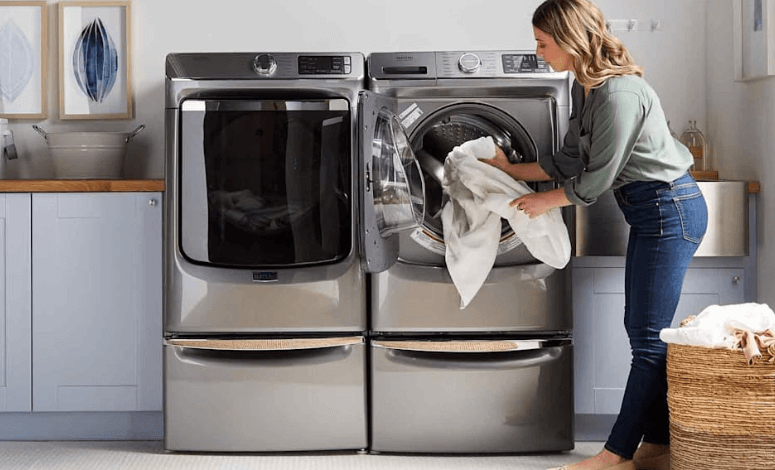Choosing the Right Washers Manufacturer for Your Projects

Introduction to Washers and Their Importance
Washers are small but essential components in various industrial and mechanical assemblies. They serve as spacers, load distributors, and protective elements to prevent damage to surfaces and fasteners. Working with a reliable washers manufacturer ensures high-quality products that meet precise specifications and contribute to the longevity and safety of equipment.
Types of Washers
Flat Washers
Flat washers are the most commonly used type, providing a smooth surface to distribute the load of a threaded fastener. They prevent damage to the assembly surface and reduce the risk of loosening due to vibration.
Lock Washers
Lock washers are designed to prevent nuts and bolts from loosening under vibrations or dynamic loads. They include designs such as split ring, toothed, and conical washers, each suited to specific applications.
Specialty Washers
Some applications require customized washers washers manufacturer including insulating, sealing, and spacer washers. A skilled washers manufacturer can produce these tailored components to meet unique industrial requirements.
Materials Used in Washers
Washers can be manufactured from a variety of metals and non-metallic materials depending on their intended use. Common materials include:
- Stainless steel for corrosion resistance
- Carbon steel for strength
- Brass and copper for electrical applications
- Nylon and other plastics for lightweight or insulating purposes
Selecting the right material ensures durability, functionality, and performance under specific operating conditions.
See also: Mastering Latte Art with Expert Milk Steaming Techniques
Key Applications of Washers
Automotive Industry
Washers are widely used in vehicles for engine assemblies, suspension components, and body fittings. Precision in manufacturing ensures that they distribute loads effectively, maintain tight connections, and prevent mechanical failures.
Electronics and Electrical Equipment
In electronics, washers act as insulators, spacers, and protectors for delicate components. They help secure connections, prevent damage from over-tightening, and maintain device reliability.
Industrial Machinery
Washers are crucial in heavy machinery for load distribution and vibration resistance. Reliable washers help reduce wear on components, enhance safety, and improve the overall performance of industrial equipment.
Selecting a Reliable Washers Manufacturer
Evaluating Production Capabilities
When choosing a manufacturer, assess their machinery, technical expertise, and capacity. Advanced stamping machines, CNC equipment, and skilled staff indicate that the manufacturer can produce washers with consistent quality and precision.
Quality Assurance and Certifications
A trusted washers manufacturer implements strict quality control procedures, including material testing, dimensional inspections, and defect monitoring. Certifications like ISO 9001 confirm adherence to international standards and reliable production.
Customization and Engineering Support
Some projects require washers with unique specifications. Manufacturers offering design and engineering support can help optimize washer design, material choice, and production processes, ensuring that custom requirements are met efficiently.
Advantages of Partnering with a Professional Manufacturer
Partnering with a skilled washers manufacturer provides numerous benefits:
- Consistent high-quality components
- Faster production and delivery times
- Expert advice for design improvements
- Long-term collaboration for process optimization and innovation
These advantages contribute to cost-efficiency, reliability, and operational excellence in manufacturing projects.
Modern Trends in Washers Production
The washers manufacturing industry has adopted modern technologies such as CNC precision stamping, robotic automation, and advanced materials. These innovations enhance production accuracy, reduce material waste, and allow for innovative designs suited to evolving industry needs.
Sustainability in Manufacturing
Leading manufacturers are adopting environmentally responsible practices, such as recycling scrap materials, minimizing energy consumption, and reducing waste. Sustainable washers production not only benefits the environment but also improves cost efficiency and meets regulatory requirements.
Conclusion
Choosing the right washers manufacturer is critical for ensuring high-quality, durable, and precise components. Assessing production capabilities, quality assurance measures, and design support helps businesses select a reliable partner. Long-term collaboration with a trusted manufacturer ensures operational efficiency, cost savings, and innovation, providing a solid foundation for successful manufacturing projects.





